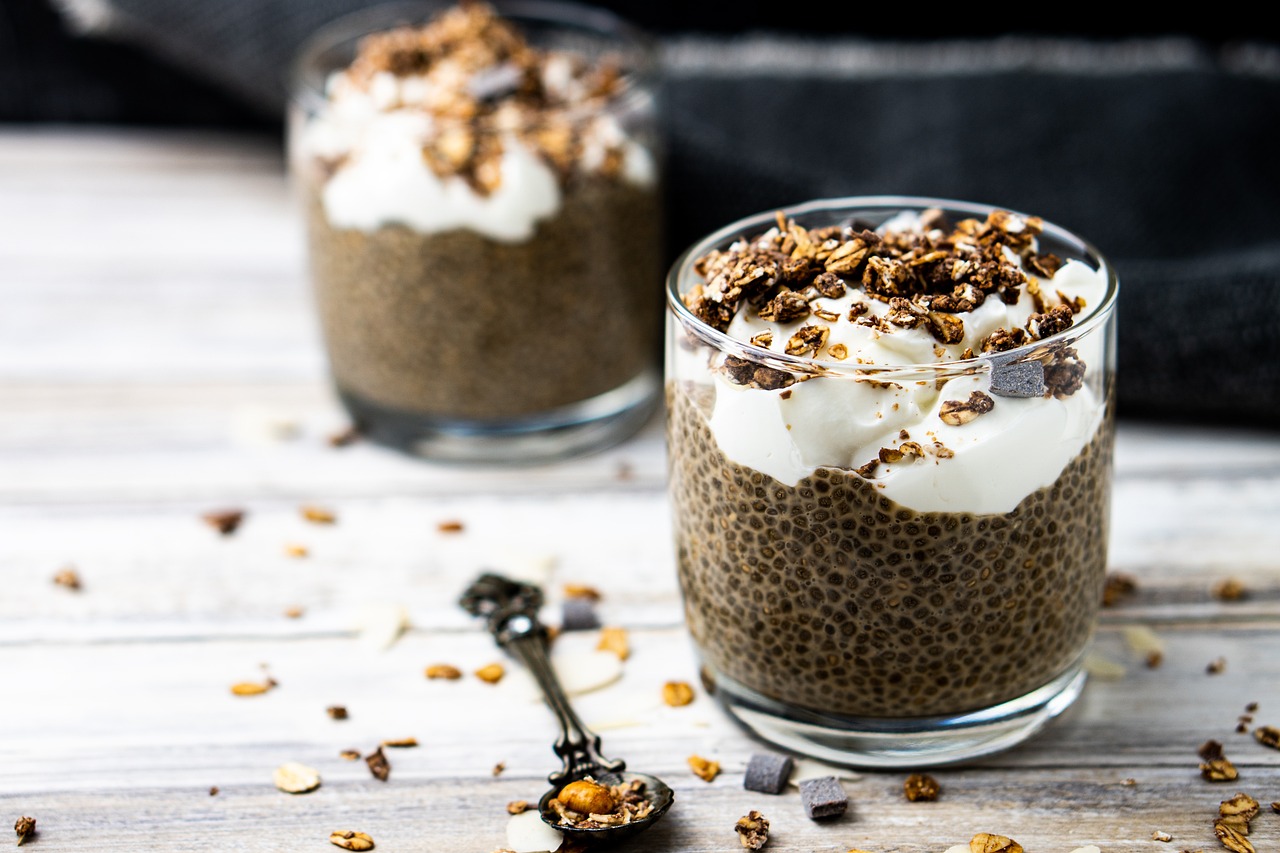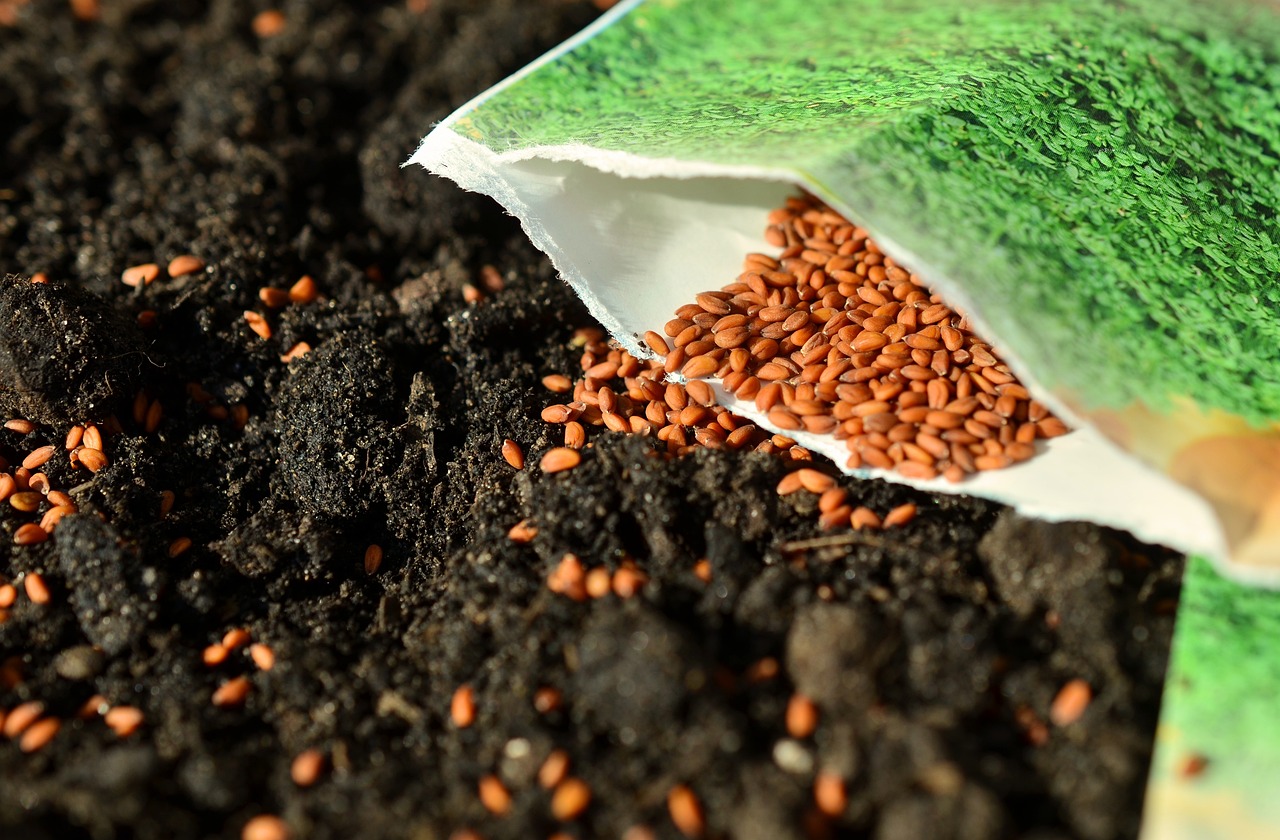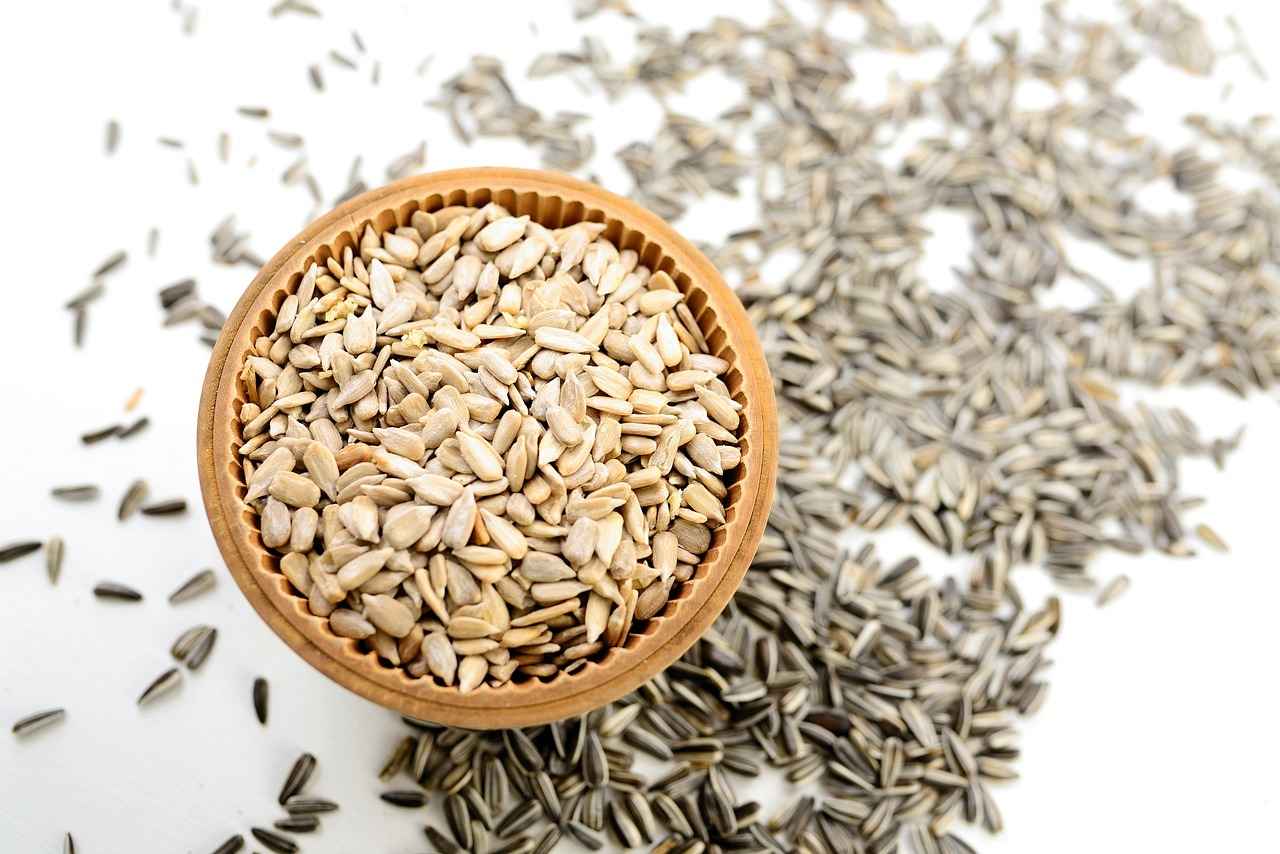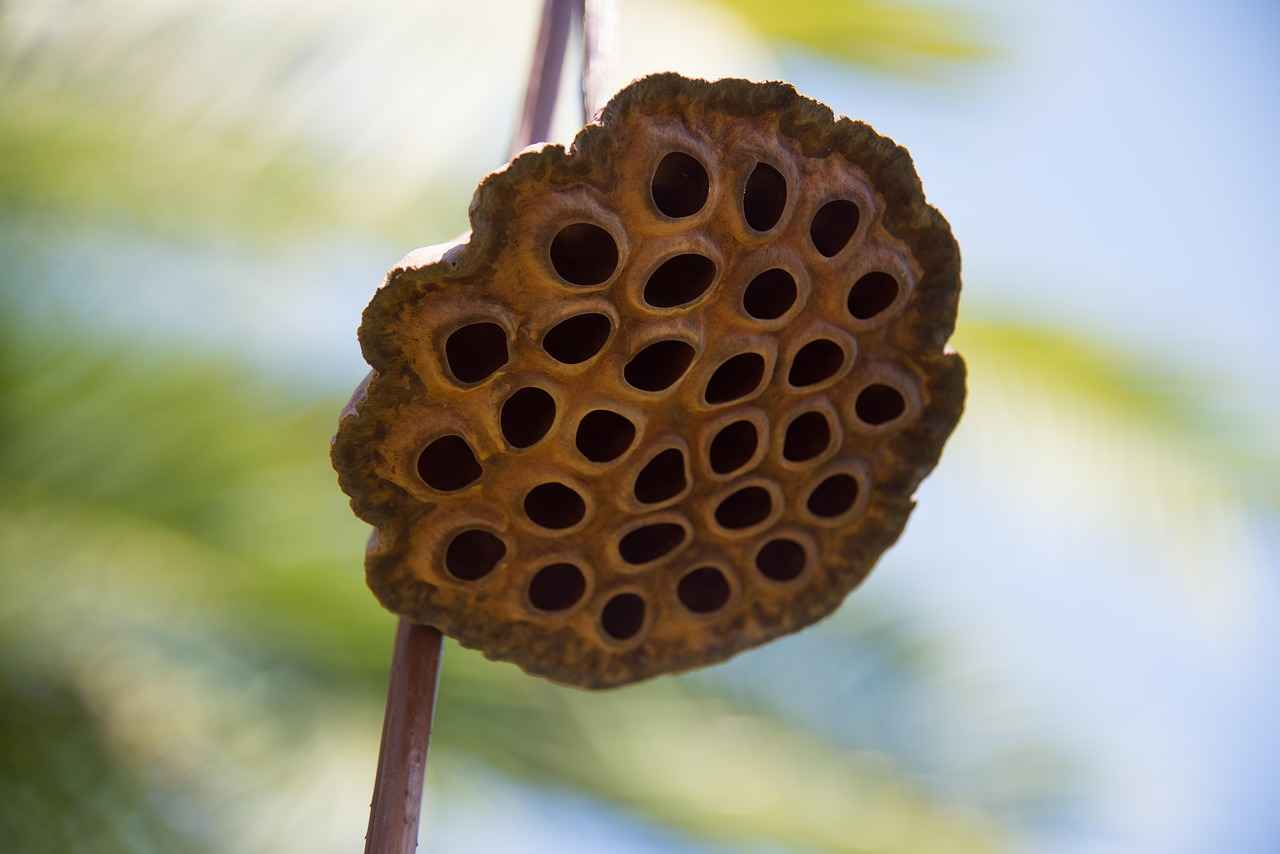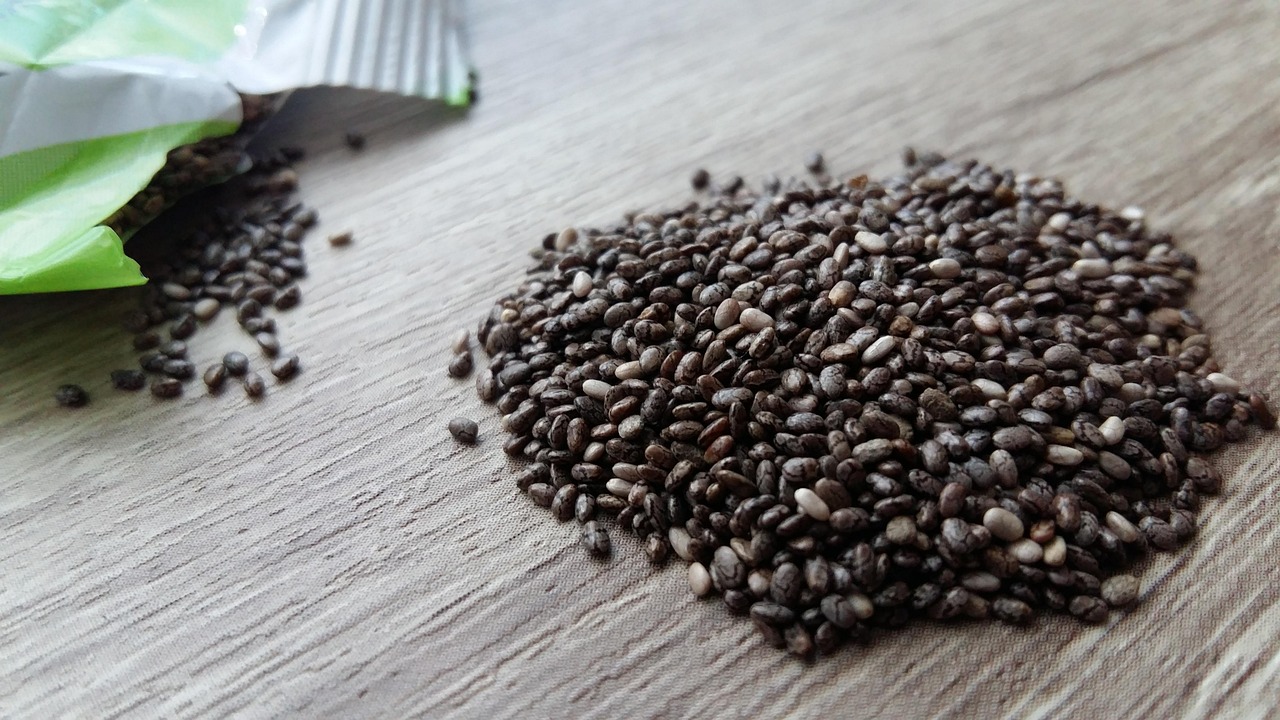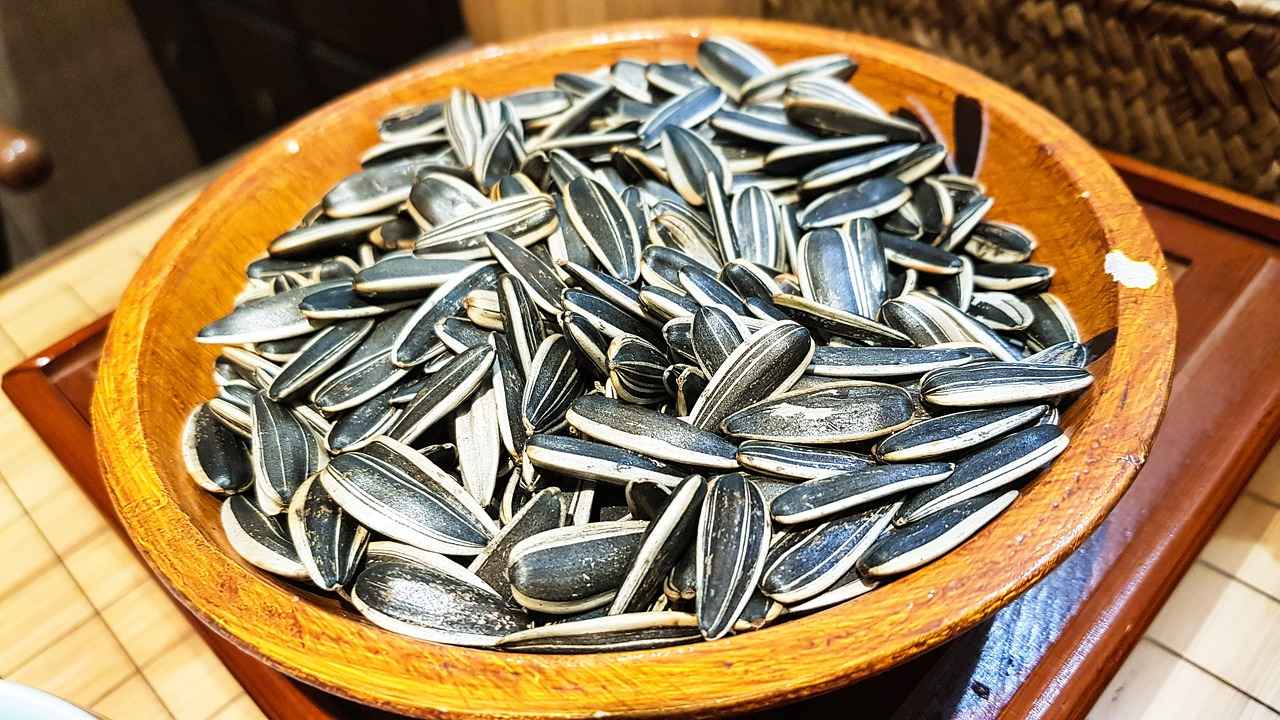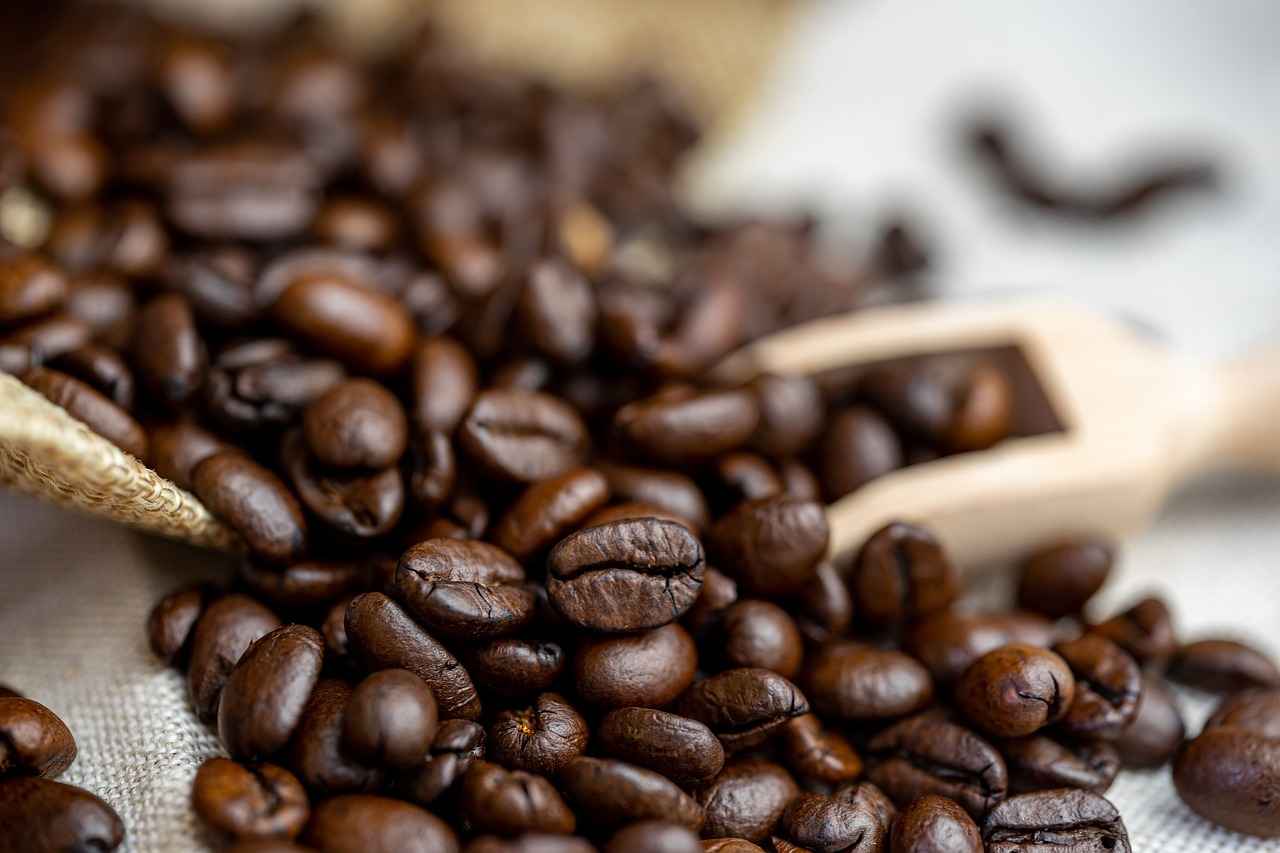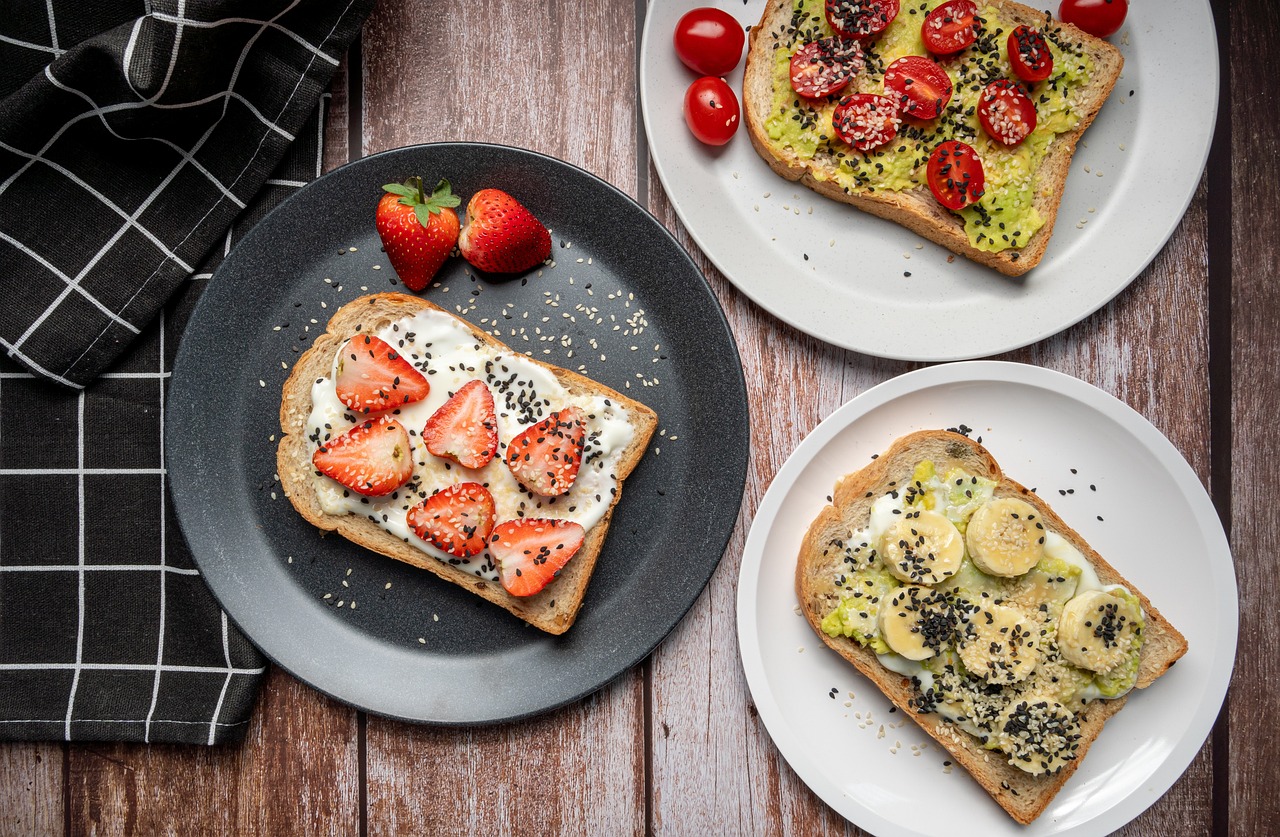This article explores the remarkable health benefits of chia seeds, a nutrient-dense superfood that has gained popularity for its potential to enhance overall well-being. These tiny seeds pack a powerful punch of nutrients and offer various health advantages that can significantly improve your quality of life.
Chia seeds, derived from the Salvia hispanica plant, are tiny black seeds that are rich in essential nutrients. They are an excellent source of omega-3 fatty acids, fiber, protein, and various essential minerals such as calcium and magnesium. Their unique nutritional profile makes them a powerful addition to any diet.
Chia seeds can support weight loss by promoting a feeling of fullness due to their high fiber content. When consumed, they absorb water and expand in your stomach, helping to control appetite and reduce overall calorie intake. This makes them a popular choice for those looking to manage their weight effectively.
The soluble fiber in chia seeds aids digestion by promoting regular bowel movements and supporting gut health. This can help alleviate constipation and improve overall digestive function, making chia seeds a valuable addition to your daily diet.
Rich in omega-3 fatty acids, chia seeds can help lower cholesterol levels and reduce inflammation, contributing to improved heart health. Their antioxidant properties also play a crucial role in cardiovascular wellness, making them a heart-friendly food choice.
Chia seeds are an excellent source of calcium, phosphorus, and magnesium, essential nutrients for maintaining strong bones. Regular consumption can help prevent bone-related issues, especially in older adults, making chia seeds a smart choice for bone health.
Chia seeds provide a sustainable source of energy due to their balanced combination of carbohydrates, protein, and healthy fats. This makes them an ideal snack for athletes and active individuals looking for a quick energy boost.
The antioxidants and healthy fats in chia seeds can improve skin hydration and elasticity, reducing the appearance of aging. Regular consumption may also help combat skin issues like acne and dryness, making chia seeds a valuable addition to your beauty routine.
Chia seeds can aid in stabilizing blood sugar levels due to their high fiber content, which slows down the digestion of carbohydrates. This can be particularly beneficial for individuals with diabetes, helping to maintain balanced blood sugar levels throughout the day.
The omega-3 fatty acids in chia seeds are known to support brain health, potentially improving cognitive function and reducing the risk of neurodegenerative diseases. Regular intake may enhance memory and focus, making chia seeds a smart choice for mental clarity.
Chia seeds are incredibly versatile and can be easily added to a variety of dishes. Whether sprinkled on top of smoothies, mixed into salads, or incorporated into baked goods, their mild flavor and unique texture make them a convenient addition to your meals.
In summary, chia seeds are a nutrient-dense superfood that offers a multitude of health benefits. From aiding in weight management to enhancing heart health, these tiny seeds can play a significant role in improving your overall well-being. Consider incorporating chia seeds into your daily diet to enjoy their remarkable health benefits.

What Are Chia Seeds and Their Nutritional Profile?
Chia seeds, the tiny black seeds derived from the Salvia hispanica plant, have surged in popularity as a nutrient-dense superfood. These seeds, measuring just 1-2 mm in diameter, are not only small in size but are also packed with a plethora of health benefits that can significantly enhance your overall well-being. Their rich nutritional profile makes them a valuable addition to any diet, and understanding what they offer can help you make informed dietary choices.
What Makes Chia Seeds Nutritionally Unique?
- Omega-3 Fatty Acids: Chia seeds are one of the richest plant sources of omega-3 fatty acids, particularly alpha-linolenic acid (ALA). These essential fats are crucial for heart health and can help reduce inflammation in the body.
- High Fiber Content: With about 11 grams of fiber per ounce, chia seeds are an excellent source of dietary fiber. This high fiber content aids in digestion, promotes satiety, and helps control blood sugar levels.
- Protein Powerhouse: Chia seeds contain about 4 grams of protein per ounce, making them a great source of plant-based protein. This is particularly beneficial for vegetarians and vegans looking to meet their protein needs.
- Essential Minerals: These seeds are rich in essential minerals such as calcium, magnesium, and phosphorus, which are vital for bone health, muscle function, and overall metabolic processes.
- Antioxidants: Chia seeds are loaded with antioxidants, which help combat oxidative stress and protect the body from free radical damage.
How Do Chia Seeds Contribute to a Balanced Diet?
Incorporating chia seeds into your diet can be simple and enjoyable. They have a mild, nutty flavor that complements a variety of dishes. You can add them to smoothies, sprinkle them on salads, or mix them into yogurt and oatmeal. When mixed with liquid, chia seeds absorb up to 12 times their weight, forming a gel-like consistency that can enhance the texture of many recipes.
Are There Any Potential Drawbacks?
While chia seeds are generally safe for most people, it’s important to consume them in moderation. Due to their high fiber content, excessive intake may lead to digestive discomfort for some individuals. It is advisable to start with small amounts and gradually increase your intake. Additionally, those with certain medical conditions or who are pregnant should consult a healthcare professional before adding chia seeds to their diet.
Final Thoughts on Chia Seeds
With their impressive nutritional profile and numerous health benefits, chia seeds are undoubtedly a superfood worth considering. By adding these tiny seeds to your meals, you can enhance your nutrient intake and support your overall health. Whether you’re looking to improve your heart health, boost your energy levels, or simply add variety to your diet, chia seeds are a versatile and nutritious option.
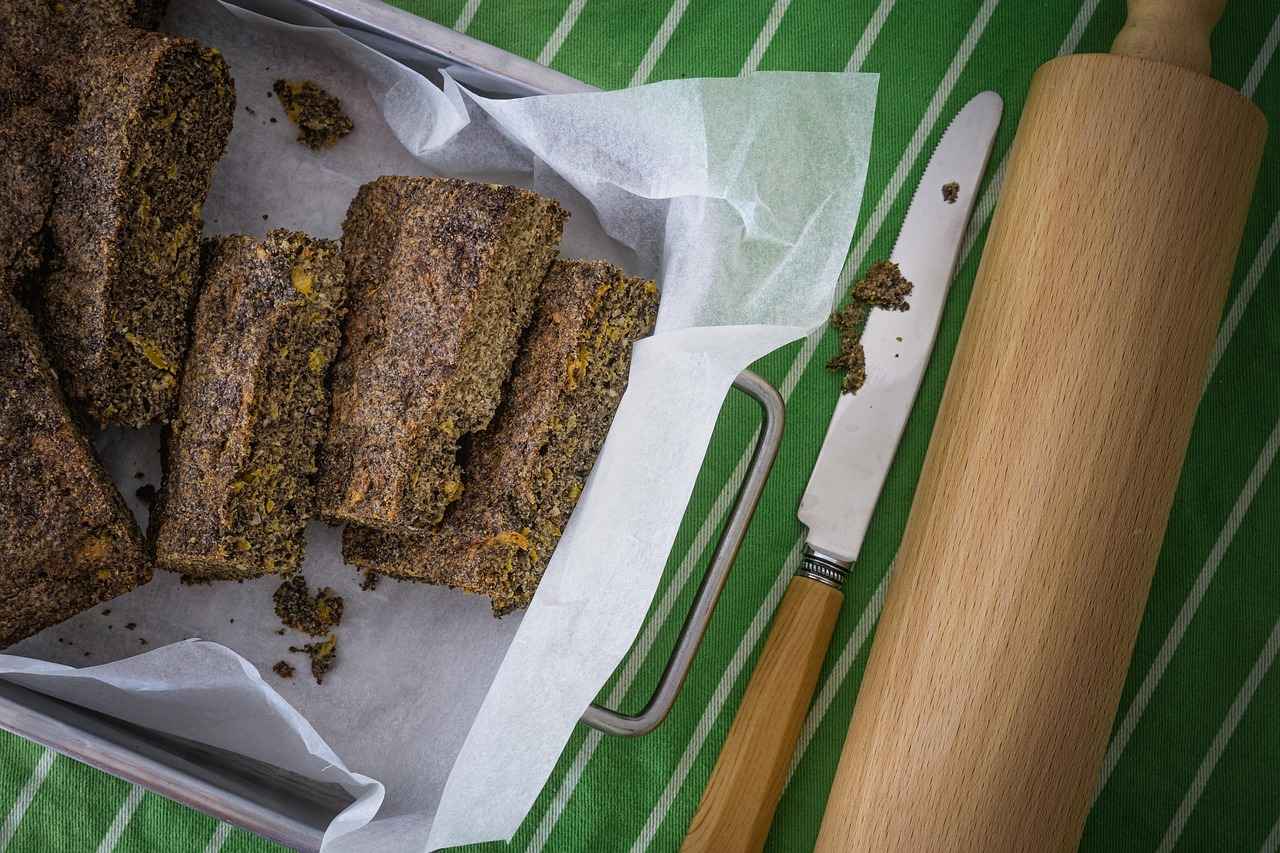
How Do Chia Seeds Aid in Weight Management?
Chia seeds have become increasingly popular in recent years, especially among those seeking to manage their weight. Their unique properties make them a valuable addition to any weight loss regimen. In this section, we will explore how chia seeds aid in weight management, focusing on their high fiber content and other beneficial aspects.
One of the primary reasons chia seeds are effective for weight loss is their remarkable fiber content. Each serving of chia seeds contains a significant amount of soluble fiber, which absorbs water and expands in the stomach. This expansion creates a feeling of fullness, helping to curb hunger and reduce overall calorie intake. As a result, individuals who incorporate chia seeds into their diet often find it easier to resist unhealthy snacks and maintain portion control.
The fiber in chia seeds not only helps with satiety but also slows down the digestion process. This slower digestion means that the body releases energy gradually, preventing spikes in blood sugar levels that can lead to sudden cravings. By stabilizing blood sugar, chia seeds can help individuals feel satisfied for longer periods, further assisting in weight management.
Yes, chia seeds are relatively low in calories, making them an ideal food for those looking to lose weight. With just about 138 calories per ounce, they provide a nutrient-dense option that can be added to meals without significantly increasing caloric intake. This allows individuals to enjoy their favorite foods while still working towards their weight loss goals.
Incorporating chia seeds into your diet can help replace unhealthy snacks. For example, mixing chia seeds into smoothies or yogurt can create a satisfying snack that is both nutritious and filling. By choosing chia seeds over processed snacks, individuals can enhance their nutrient intake while managing their weight effectively.
- Add to Smoothies: Blend chia seeds into your morning smoothie for an added boost of fiber and nutrients.
- Use in Baking: Substitute some of the flour in your favorite recipes with chia seeds to enhance their nutritional profile.
- Make Chia Pudding: Combine chia seeds with almond milk and let it sit overnight to create a delicious and filling pudding.
- Sprinkle on Salads: Add chia seeds to salads for an extra crunch and nutritional boost.
Aside from aiding in weight management, chia seeds are packed with essential nutrients. They are rich in omega-3 fatty acids, which promote heart health, and antioxidants that combat oxidative stress. Including chia seeds in your diet can contribute to overall wellness, making them a smart choice for anyone looking to improve their health.
In conclusion, chia seeds are a powerful ally in weight management. Their high fiber content promotes a feeling of fullness, helps control appetite, and supports overall health. By incorporating chia seeds into your daily routine, you can enjoy their myriad benefits while working towards your weight loss goals.

Can Chia Seeds Improve Digestive Health?
Chia seeds, often hailed as a superfood, are not only versatile and nutritious but also offer significant benefits for digestive health. The soluble fiber found in these tiny seeds plays a crucial role in maintaining a healthy digestive system. When chia seeds are consumed, they can absorb water and expand, forming a gel-like substance. This property is essential for promoting regular bowel movements and preventing constipation.
One of the primary ways chia seeds support digestive health is by enhancing gut motility. The soluble fiber acts as a bulking agent, which helps to move food through the digestive tract more efficiently. This can alleviate issues such as bloating and discomfort, making chia seeds an excellent addition to the diet for those prone to digestive irregularities.
Moreover, the fiber in chia seeds acts as a prebiotic, which means it feeds the beneficial bacteria in the gut. A healthy gut microbiome is vital for overall health, as it aids in nutrient absorption and supports the immune system. By fostering a balanced gut flora, chia seeds can contribute to improved digestive function and overall well-being.
In addition to their fiber content, chia seeds are rich in essential nutrients that can further support digestive health. They contain omega-3 fatty acids, which help reduce inflammation in the gut, potentially alleviating conditions such as irritable bowel syndrome (IBS). Furthermore, the antioxidants present in chia seeds can combat oxidative stress, which is linked to various digestive disorders.
To incorporate chia seeds into your diet, consider adding them to smoothies, yogurt, or oatmeal. You can also create a chia seed pudding by soaking the seeds in liquid overnight, allowing them to absorb the moisture and develop a creamy texture. This not only enhances their digestibility but also makes for a delicious and nutritious snack or breakfast option.
It’s important to note that while chia seeds offer numerous health benefits, they should be consumed in moderation. A typical serving size is about one ounce, or approximately two tablespoons. Drinking plenty of water when consuming chia seeds is crucial, as their high fiber content can lead to digestive discomfort if not adequately hydrated.
In conclusion, chia seeds are a fantastic addition to any diet for those looking to improve their digestive health. Their soluble fiber content promotes regular bowel movements, supports gut health, and enhances overall digestive function. By incorporating chia seeds into your meals, you can enjoy their numerous benefits while supporting a healthy digestive system.

Do Chia Seeds Enhance Heart Health?
Chia seeds have gained recognition as a superfood due to their numerous health benefits, particularly in relation to heart health. In this section, we will explore how these tiny seeds can significantly contribute to cardiovascular wellness.
Rich in omega-3 fatty acids, chia seeds are a plant-based source of these essential fats, which are known to promote heart health. Omega-3 fatty acids play a crucial role in reducing inflammation throughout the body, a key factor in the development of heart disease. By incorporating chia seeds into your diet, you can help lower your risk of cardiovascular problems.
One of the primary benefits of omega-3 fatty acids found in chia seeds is their ability to lower cholesterol levels. High cholesterol is a significant risk factor for heart disease, and studies have shown that omega-3s can help reduce levels of LDL (bad cholesterol) while increasing HDL (good cholesterol). This balance is essential for maintaining a healthy heart.
In addition to their cholesterol-lowering effects, chia seeds are also packed with antioxidants. These compounds help combat oxidative stress and free radicals in the body, which can lead to chronic diseases, including heart disease. By consuming chia seeds regularly, you can support your body’s natural defenses and promote overall cardiovascular health.
Furthermore, chia seeds are an excellent source of fiber. This nutrient not only aids in digestion but also plays a vital role in heart health. Soluble fiber can help reduce cholesterol absorption in the bloodstream, contributing to lower cholesterol levels. Additionally, fiber helps regulate blood sugar levels, which is important for maintaining heart health.
Another significant aspect of chia seeds is their ability to help with blood pressure regulation. Some studies suggest that the omega-3 fatty acids and fiber found in chia seeds can help lower blood pressure, reducing the strain on your heart and blood vessels. This effect can be especially beneficial for individuals with hypertension.
Incorporating chia seeds into your daily diet is simple and versatile. You can add them to smoothies, yogurt, or oatmeal, or use them as an egg substitute in baking. Their mild flavor and unique texture make them an easy addition to various recipes, enhancing both nutrition and taste.
In summary, chia seeds are a powerhouse of nutrients that can significantly enhance heart health. Their rich omega-3 fatty acid content, combined with high levels of fiber and antioxidants, makes them an ideal choice for those looking to improve their cardiovascular wellness. By regularly including chia seeds in your diet, you can take proactive steps towards a healthier heart.
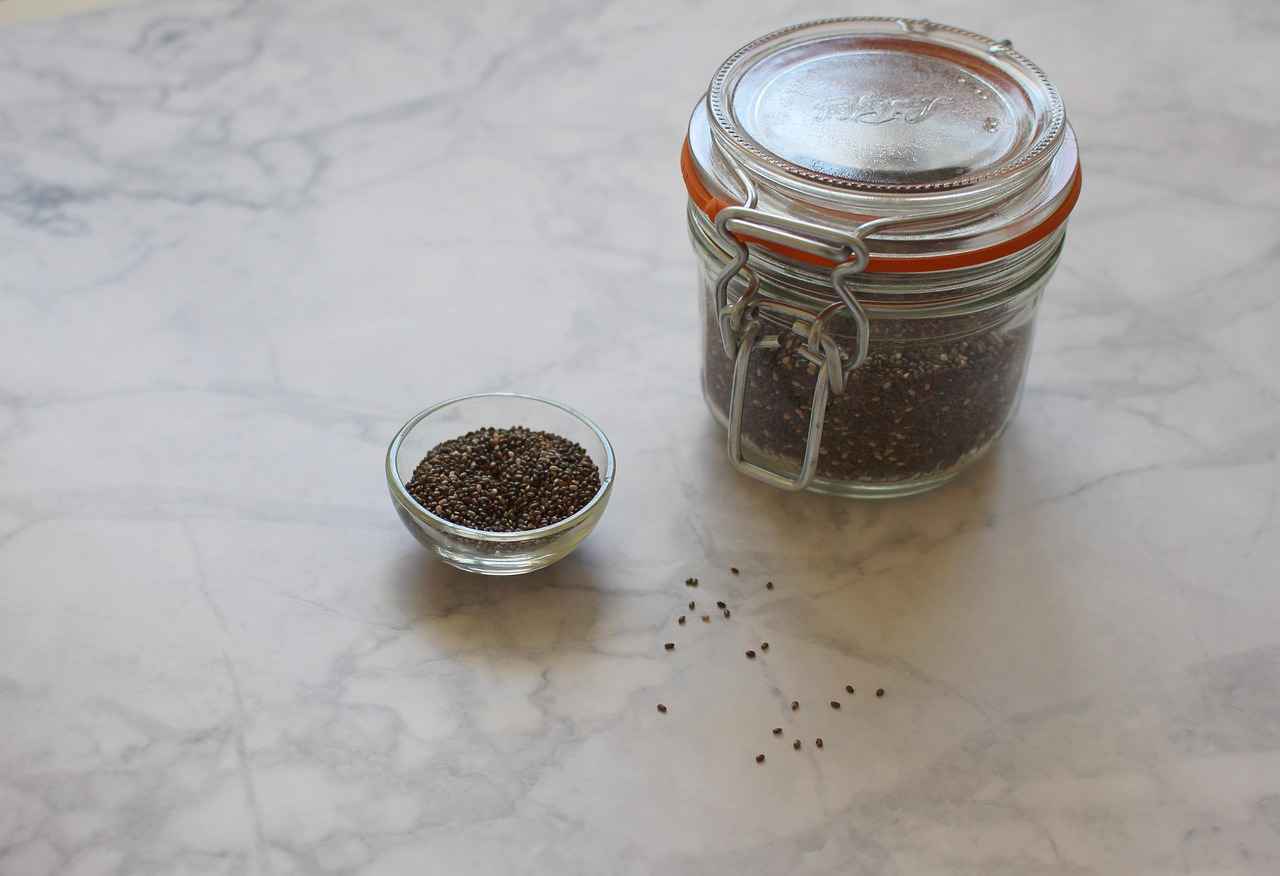
How Do Chia Seeds Support Bone Health?
Chia seeds, often hailed as a superfood, are tiny yet powerful seeds that pack a nutritional punch. Among their many health benefits, one of the most significant is their ability to support bone health. This is particularly crucial as we age, and maintaining strong bones becomes increasingly important.
Chia seeds are an excellent source of several essential minerals that play a pivotal role in bone health:
- Calcium: One of the most vital minerals for bone density, chia seeds contain approximately 18% of the recommended daily intake of calcium in just one ounce.
- Phosphorus: This mineral works in tandem with calcium to form the structure of bones. Chia seeds provide about 27% of the daily recommended intake.
- Magnesium: Essential for converting vitamin D into its active form, magnesium helps regulate calcium levels in the body. Chia seeds are a great source, offering around 30% of the daily intake.
Regular consumption of chia seeds can significantly contribute to preventing bone-related issues such as osteoporosis and fractures, especially in older adults. Osteoporosis is a condition characterized by weak and brittle bones, making individuals more susceptible to fractures. By incorporating chia seeds into your diet, you can:
- Enhance Bone Density: The combination of calcium, phosphorus, and magnesium in chia seeds helps to build and maintain strong bones.
- Improve Mineral Absorption: The high fiber content in chia seeds aids in the absorption of these essential minerals, ensuring that your body utilizes them effectively.
- Support Overall Bone Health: The antioxidants present in chia seeds may help reduce inflammation in the body, which is beneficial for maintaining bone integrity.
Incorporating chia seeds into your daily routine is easy and versatile. Here are some practical ideas:
- Add chia seeds to your morning smoothie for an added nutrient boost.
- Sprinkle them on salads or yogurt for a crunchy texture.
- Use chia seeds as a thickening agent in soups or sauces.
- Mix chia seeds into baked goods such as muffins or bread for extra nutrition.
While chia seeds are generally safe for most people, it’s essential to consume them in moderation. Due to their high fiber content, excessive intake can lead to digestive discomfort. It’s also advisable to soak chia seeds in water or another liquid before consumption to improve digestibility and nutrient absorption.
In conclusion, chia seeds are a nutrient-dense food that can significantly contribute to bone health. With their impressive mineral content and versatility in the kitchen, they are an excellent addition to any diet, particularly for those looking to enhance their bone strength and prevent age-related bone issues.

Can Chia Seeds Boost Energy Levels?
Chia seeds have emerged as a popular superfood, not just for their impressive nutritional profile but also for their ability to provide a sustainable source of energy. This makes them a favored choice among athletes and active individuals. But what exactly makes chia seeds so effective in boosting energy levels?
Chia seeds are packed with a balanced combination of carbohydrates, protein, and healthy fats. This unique blend ensures that they deliver a steady release of energy, unlike quick-energy snacks that can lead to crashes. When consumed, chia seeds absorb water and expand, forming a gel-like substance that slows the digestion process. This results in a gradual release of energy, keeping you energized for longer periods.
- Carbohydrates: Chia seeds contain complex carbohydrates, which provide a slow and steady source of energy. Unlike refined sugars, these carbohydrates help maintain stable blood sugar levels, preventing energy spikes and crashes.
- Protein: With about 4 grams of protein per ounce, chia seeds contribute to muscle repair and recovery, making them an excellent snack for post-workout replenishment.
- Healthy Fats: Rich in omega-3 fatty acids, chia seeds support overall health and provide additional energy. These healthy fats are essential for brain function and can enhance overall physical performance.
In addition to their nutritional benefits, chia seeds are incredibly versatile. They can be easily incorporated into various meals and snacks. For instance, adding them to smoothies, oatmeal, or yogurt not only boosts energy but also enhances the nutritional value of these foods. Their mild flavor allows them to blend seamlessly into sweet and savory dishes alike.
For those engaging in intense physical activity, chia seeds can serve as an excellent pre-workout snack. Consuming chia seeds about 30 minutes before exercising can help ensure that your body has the necessary fuel to perform at its best. The combination of protein and carbohydrates provides the energy needed to sustain prolonged activity, while their high fiber content helps keep you feeling full and satisfied.
Moreover, chia seeds are a fantastic option for those looking to maintain energy levels throughout the day without resorting to high-sugar snacks. Their ability to absorb liquid means they can help keep you hydrated, which is crucial for optimal energy levels. Staying hydrated is essential for maintaining stamina, especially during physical exertion.
In summary, chia seeds are more than just a trendy superfood; they are a powerful source of energy that can benefit anyone, especially those with active lifestyles. Their balanced nutritional profile, coupled with their versatility in meals, makes them an ideal choice for anyone looking to enhance their energy levels naturally.
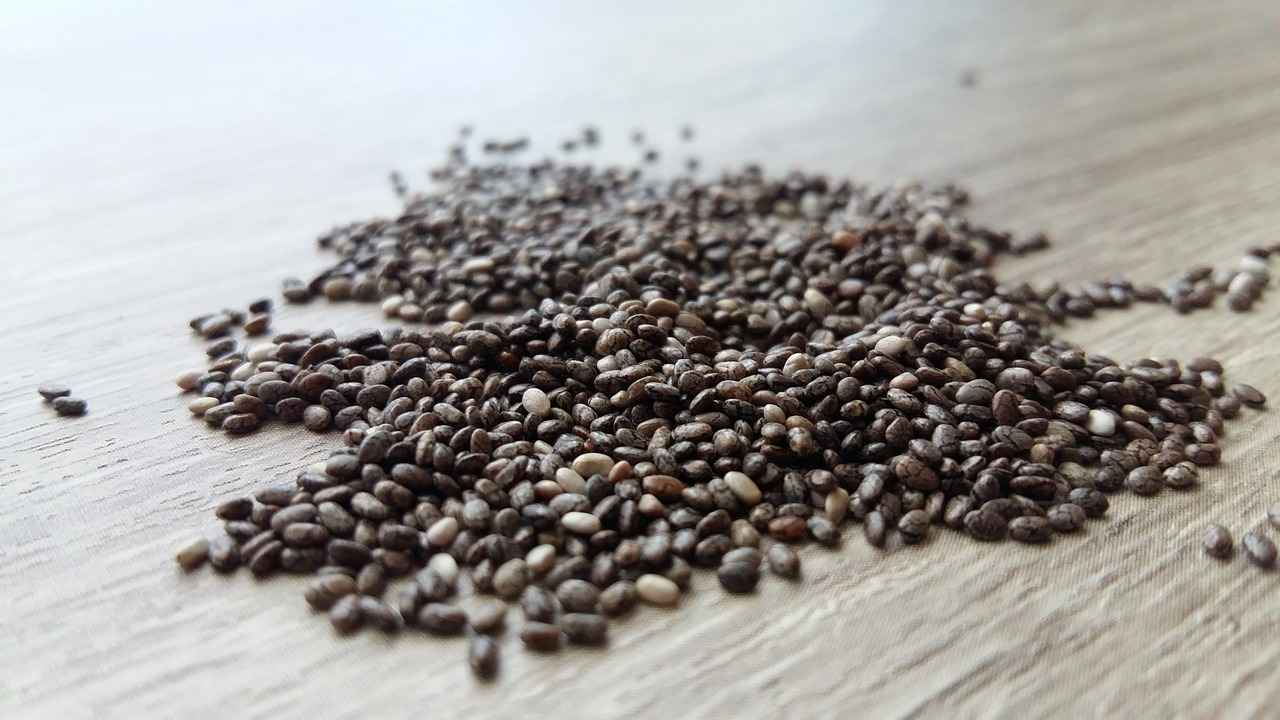
How Do Chia Seeds Benefit Skin Health?
Chia seeds have emerged as a popular superfood, not just for their nutritional benefits but also for their remarkable effects on skin health. Packed with antioxidants and healthy fats, these tiny seeds can be a game-changer for anyone looking to enhance their skin’s appearance and overall health.
One of the primary ways chia seeds benefit the skin is through their high content of omega-3 fatty acids. These essential fats play a crucial role in maintaining skin hydration and elasticity. When incorporated into your diet, chia seeds can help create a protective barrier that locks in moisture, preventing dryness and flakiness. This is especially important for individuals with dry skin or those living in harsh climates.
Moreover, the antioxidants found in chia seeds, such as quercetin and chlorogenic acid, combat free radicals that can lead to premature aging. By neutralizing these harmful molecules, chia seeds help to reduce the appearance of fine lines and wrinkles, giving the skin a more youthful and vibrant look.
Regular consumption of chia seeds may also help address specific skin issues such as acne. The anti-inflammatory properties of omega-3 fatty acids can help reduce redness and swelling associated with acne breakouts. Additionally, the high fiber content aids in detoxifying the body, which can further contribute to clearer skin.
Another benefit of chia seeds is their ability to support collagen production. Collagen is essential for maintaining skin structure and firmness. The amino acids present in chia seeds can promote collagen synthesis, enhancing the skin’s resilience and reducing sagging.
Incorporating chia seeds into your daily routine is simple. They can be added to smoothies, yogurt, or salads, or even used as a thickening agent in soups and sauces. When soaked in water, chia seeds expand and form a gel-like consistency, making them a great addition to puddings and desserts.
To maximize the benefits for skin health, it is advisable to consume chia seeds regularly. A daily serving of about 1-2 tablespoons can provide sufficient nutrients to support skin vitality. However, it’s important to drink plenty of water when consuming chia seeds, as their high fiber content can lead to digestive discomfort if not properly hydrated.
In summary, chia seeds offer a multitude of benefits for skin health through their rich nutritional profile. From improving hydration and elasticity to combating acne and promoting collagen production, these tiny seeds are a powerhouse of skin-enhancing properties. Incorporating them into your diet can be a simple yet effective way to support your skin’s health and appearance.

Do Chia Seeds Help Regulate Blood Sugar Levels?
Chia seeds have become increasingly popular in health circles, and for good reason. One of their most significant benefits is their ability to help regulate blood sugar levels. This is particularly important for individuals managing diabetes or those at risk of developing the condition. In this section, we will explore how chia seeds can assist in stabilizing blood sugar levels and the science behind their effectiveness.
The primary reason chia seeds can help with blood sugar regulation is their high fiber content. Fiber plays a crucial role in digestion, particularly in how the body processes carbohydrates. When you consume foods rich in fiber, like chia seeds, the digestion of carbohydrates is slowed down. This gradual breakdown helps prevent rapid spikes in blood sugar levels, which can be detrimental for individuals with diabetes.
In addition to fiber, chia seeds are packed with omega-3 fatty acids and various essential nutrients. These components work synergistically to enhance metabolic health. For instance, the presence of omega-3s can help reduce inflammation, which is often linked to insulin resistance—a condition where the body’s cells do not respond effectively to insulin, leading to elevated blood sugar levels.
- High Fiber Content: Chia seeds contain about 10 grams of fiber per ounce, which is essential for slowing carbohydrate digestion.
- Rich in Omega-3s: These fatty acids can improve insulin sensitivity, further aiding in blood sugar control.
- Low Glycemic Index: Chia seeds have a low glycemic index, meaning they have minimal impact on blood sugar levels when consumed.
Research supports the claim that incorporating chia seeds into your diet can lead to better blood sugar management. A study published in the Journal of Nutrition found that participants who consumed chia seeds experienced improved glycemic control compared to those who did not. This suggests that chia seeds could be a valuable addition to the diet of anyone looking to manage their blood sugar levels effectively.
Moreover, chia seeds are incredibly versatile. They can be easily incorporated into various dishes, making it simple for individuals to reap their benefits. Whether added to smoothies, yogurt, or baked goods, chia seeds can enhance not only the nutritional value of meals but also their flavor and texture.
For those who are concerned about blood sugar spikes, it’s important to consider the timing and quantity of chia seed consumption. While they are beneficial, moderation is key. A typical serving size is one to two tablespoons, which can provide adequate fiber and nutrients without overwhelming the digestive system.
In summary, chia seeds offer a multitude of benefits for blood sugar regulation. Their high fiber content, combined with other nutritional properties, makes them an excellent choice for anyone seeking to stabilize their blood sugar levels. By incorporating these tiny yet powerful seeds into your diet, you can take a proactive step towards better health and well-being.

How Can Chia Seeds Enhance Mental Function?
Chia seeds, often hailed as a superfood, are not only versatile but also packed with essential nutrients that can significantly impact our health. Among their numerous benefits, one of the most intriguing is their potential to enhance mental function. This article delves into how chia seeds can support brain health, improve cognitive function, and possibly reduce the risk of neurodegenerative diseases.
What Makes Omega-3 Fatty Acids So Important for Brain Health?
The primary reason chia seeds are linked to improved mental function is their high content of omega-3 fatty acids. These essential fats are crucial for maintaining the structural integrity of brain cells and facilitating effective communication between neurons. Omega-3s are known to play a vital role in enhancing memory and focus, making them indispensable for cognitive function.
How Do Chia Seeds Support Cognitive Function?
Regular consumption of chia seeds may lead to improved cognitive abilities due to their rich nutrient profile. The omega-3 fatty acids in these seeds contribute to better neurotransmission, which is essential for processing information and forming memories. Studies suggest that diets high in omega-3s are associated with a lower risk of cognitive decline and conditions such as Alzheimer’s disease.
Can Chia Seeds Help Reduce the Risk of Neurodegenerative Diseases?
Neurodegenerative diseases, such as Alzheimer’s and Parkinson’s, are characterized by the progressive degeneration of the nervous system. The antioxidants found in chia seeds, including flavonoids and phenolic compounds, help combat oxidative stress and inflammation—two key factors that contribute to the development of these diseases. By incorporating chia seeds into your diet, you may bolster your brain’s defenses against these conditions.
How Do Chia Seeds Affect Mood and Mental Well-Being?
In addition to cognitive benefits, chia seeds may also positively influence mood. Omega-3 fatty acids are linked to the production of neurotransmitters such as serotonin, which plays a significant role in regulating mood and emotional well-being. Consuming chia seeds may help alleviate symptoms of anxiety and depression, contributing to a more balanced mental state.
What is the Recommended Daily Intake of Chia Seeds for Mental Health Benefits?
To reap the cognitive benefits of chia seeds, incorporating about 1-2 tablespoons (15-30 grams) into your daily diet is recommended. This amount provides a substantial dose of omega-3 fatty acids and other essential nutrients. Chia seeds can be easily added to smoothies, oatmeal, or yogurt, making them a convenient option for enhancing mental function.
How Can You Incorporate Chia Seeds into Your Daily Routine?
- Add chia seeds to your morning smoothie for a nutrient boost.
- Sprinkle them over salads or yogurt for added texture and health benefits.
- Mix chia seeds into baked goods like muffins or bread for a healthy twist.
- Soak chia seeds in water or milk to create a nutritious pudding.
In conclusion, the incorporation of chia seeds into your diet can significantly enhance mental function and overall brain health. Their rich omega-3 fatty acid content, along with antioxidants, makes them a powerful ally in supporting cognitive abilities and reducing the risk of neurodegenerative diseases. By making chia seeds a regular part of your meals, you can take proactive steps toward maintaining a healthy mind.

Are Chia Seeds Easy to Incorporate into Your Diet?
Chia seeds have become a staple in many health-conscious kitchens, and for good reason. Their versatility allows them to be seamlessly integrated into a variety of dishes, making them a convenient choice for anyone looking to boost their nutritional intake. Whether you’re a busy professional, a parent, or a fitness enthusiast, chia seeds can enhance your meals without much effort.
One of the most popular ways to enjoy chia seeds is by adding them to smoothies. Their mild flavor blends well with fruits and vegetables, providing a nutrient-packed punch. Just a tablespoon or two can transform your morning smoothie into a superfood delight, adding fiber, protein, and omega-3 fatty acids without altering the taste.
In addition to smoothies, chia seeds can elevate your salads. Sprinkling them over a fresh salad not only adds a delightful crunch but also boosts the overall nutritional value. They can absorb liquid and expand, creating a satisfying texture that complements leafy greens and other vegetables. For a quick and easy salad dressing, consider mixing chia seeds with olive oil, lemon juice, and your favorite herbs.
Chia seeds are also a fantastic addition to baked goods. You can incorporate them into muffins, bread, or pancakes for an extra health kick. When mixed with water, chia seeds form a gel-like substance, which can serve as a natural egg substitute in vegan baking. This not only makes your recipes more inclusive but also enhances their moisture content.
For those looking for a quick snack, chia seeds can be sprinkled on yogurt or oatmeal. This simple addition can turn a regular breakfast into a nutrient-dense meal. Moreover, chia pudding has gained popularity as a delicious and healthy dessert. By soaking chia seeds in almond milk or coconut milk overnight, you can create a creamy, indulgent treat that is both satisfying and nutritious.
Another creative way to incorporate chia seeds is by making energy bars. Combine them with nuts, dried fruits, and a sweetener of your choice to create a homemade snack that’s perfect for on-the-go energy. These bars can be customized to your taste preferences and dietary needs, making them a great alternative to store-bought options.
Chia seeds can also be used in soups and stews. Adding them to your favorite recipes can thicken the consistency while enhancing the nutritional profile. They can also serve as a natural thickening agent in sauces, providing a healthy alternative to traditional thickeners.
Lastly, chia seeds can be blended into drinks like lemonades or iced teas. They add a fun texture and can make your beverages more filling, perfect for hot summer days. Simply mix them into your drink of choice and let them sit for a few minutes to absorb some liquid.
In summary, chia seeds are incredibly easy to incorporate into your diet. Their mild flavor and ability to blend seamlessly into various dishes make them a convenient option for anyone looking to enhance their meals with additional nutrients. With so many ways to enjoy them, there’s no reason not to include chia seeds in your daily routine.
Frequently Asked Questions
- What are chia seeds?
Chia seeds are tiny black seeds from the Salvia hispanica plant, packed with nutrients like omega-3 fatty acids, fiber, and protein. They’re often hailed as a superfood due to their impressive health benefits!
- How can I incorporate chia seeds into my diet?
Incorporating chia seeds is super easy! You can sprinkle them on salads, blend them into smoothies, or even add them to your baked goods. Their mild flavor makes them a versatile addition to almost any dish.
- Do chia seeds really help with weight loss?
Absolutely! Chia seeds are high in fiber, which helps you feel full longer, making it easier to control your appetite and reduce calorie intake. They’re like nature’s way of saying, “Hey, you don’t need that extra snack!”
- Can chia seeds improve my digestive health?
Yes! The soluble fiber in chia seeds promotes regular bowel movements and supports gut health, helping to alleviate constipation. Think of them as little helpers for your digestive system!
- Are chia seeds good for heart health?
Definitely! Chia seeds are rich in omega-3 fatty acids, which can lower cholesterol levels and reduce inflammation, contributing to a healthier heart. They’re like a little shield for your cardiovascular system!
